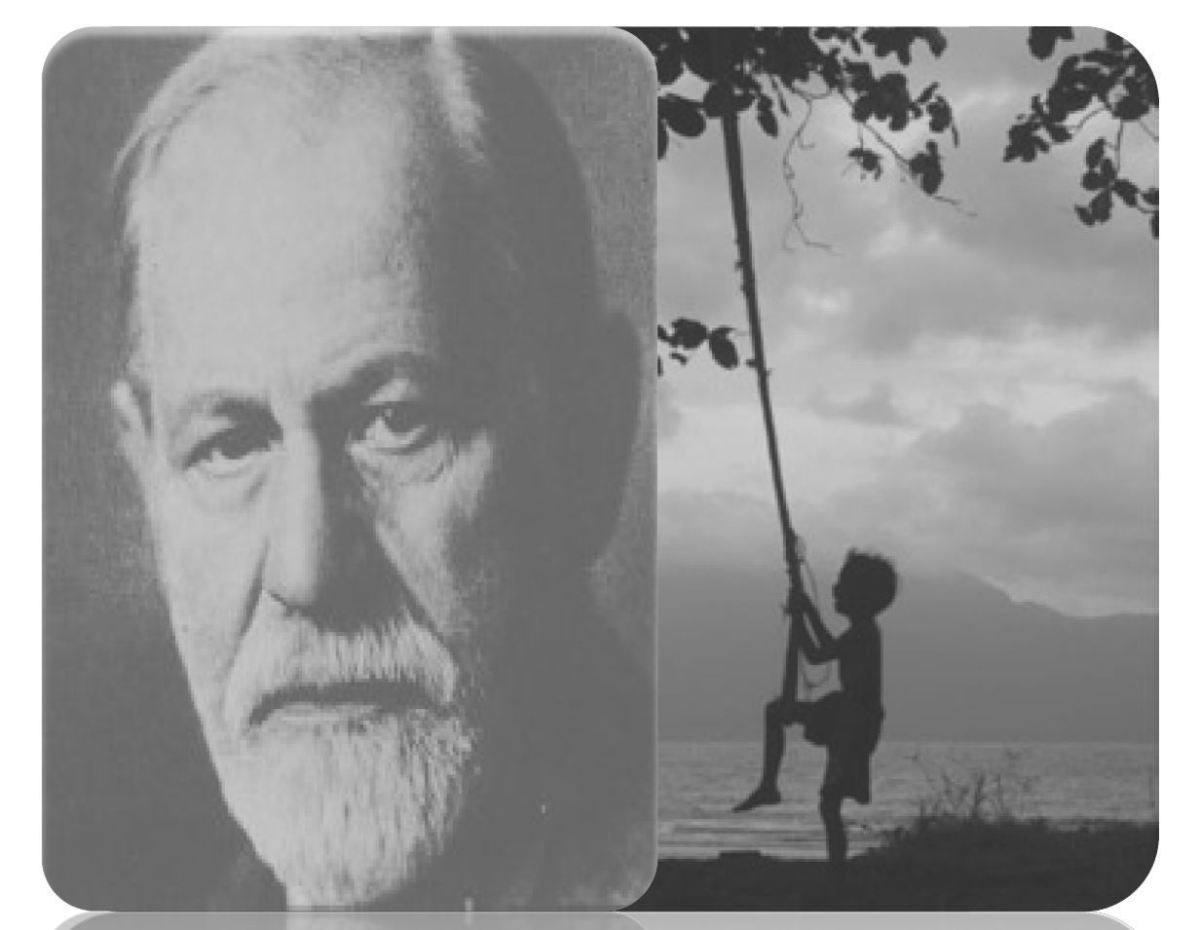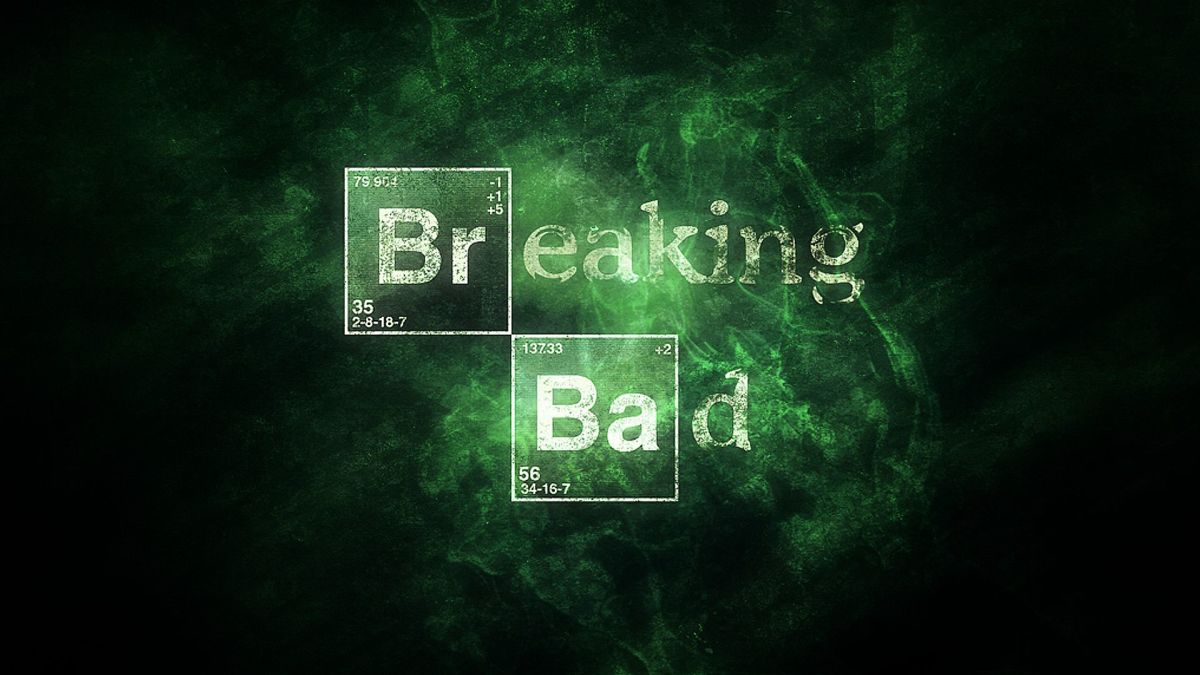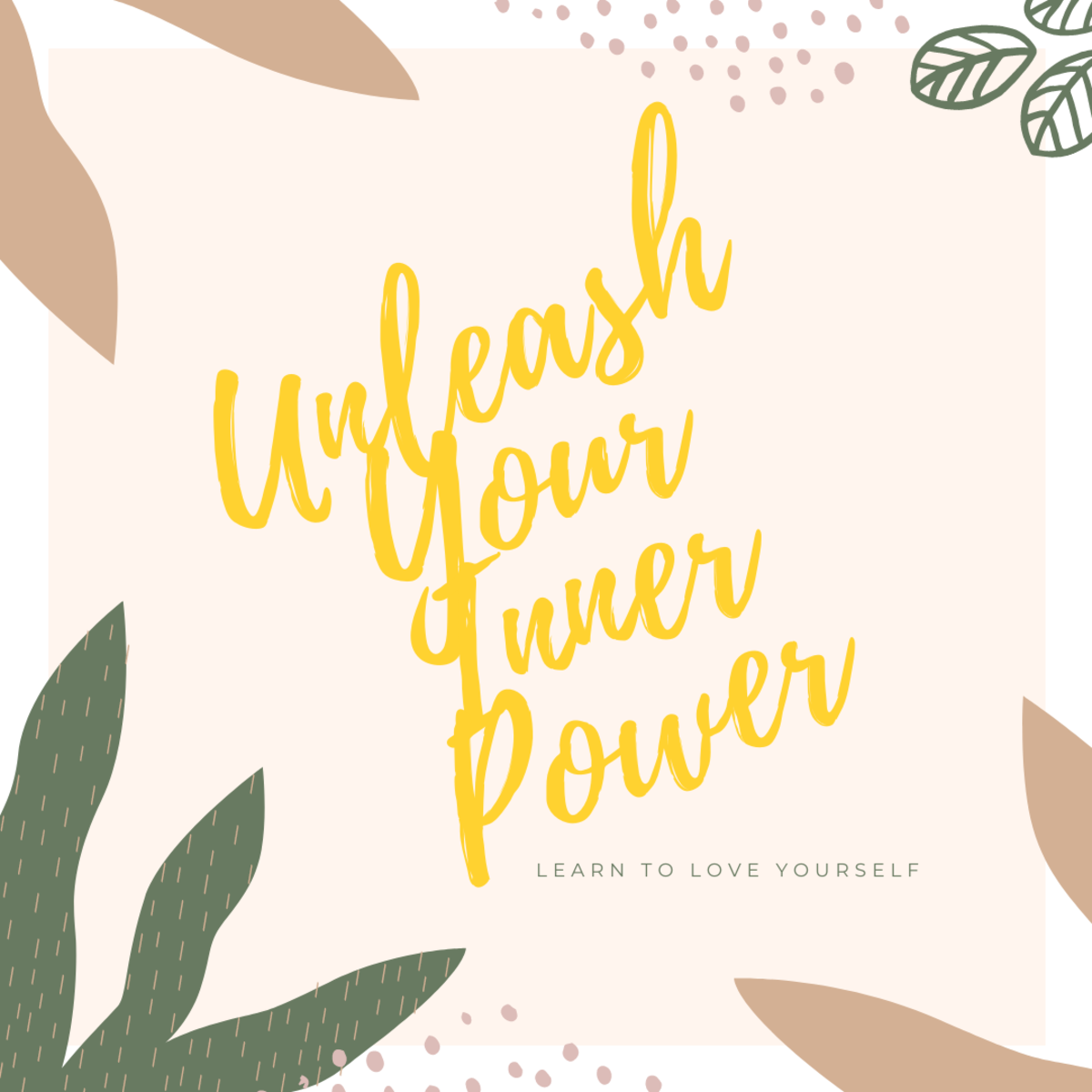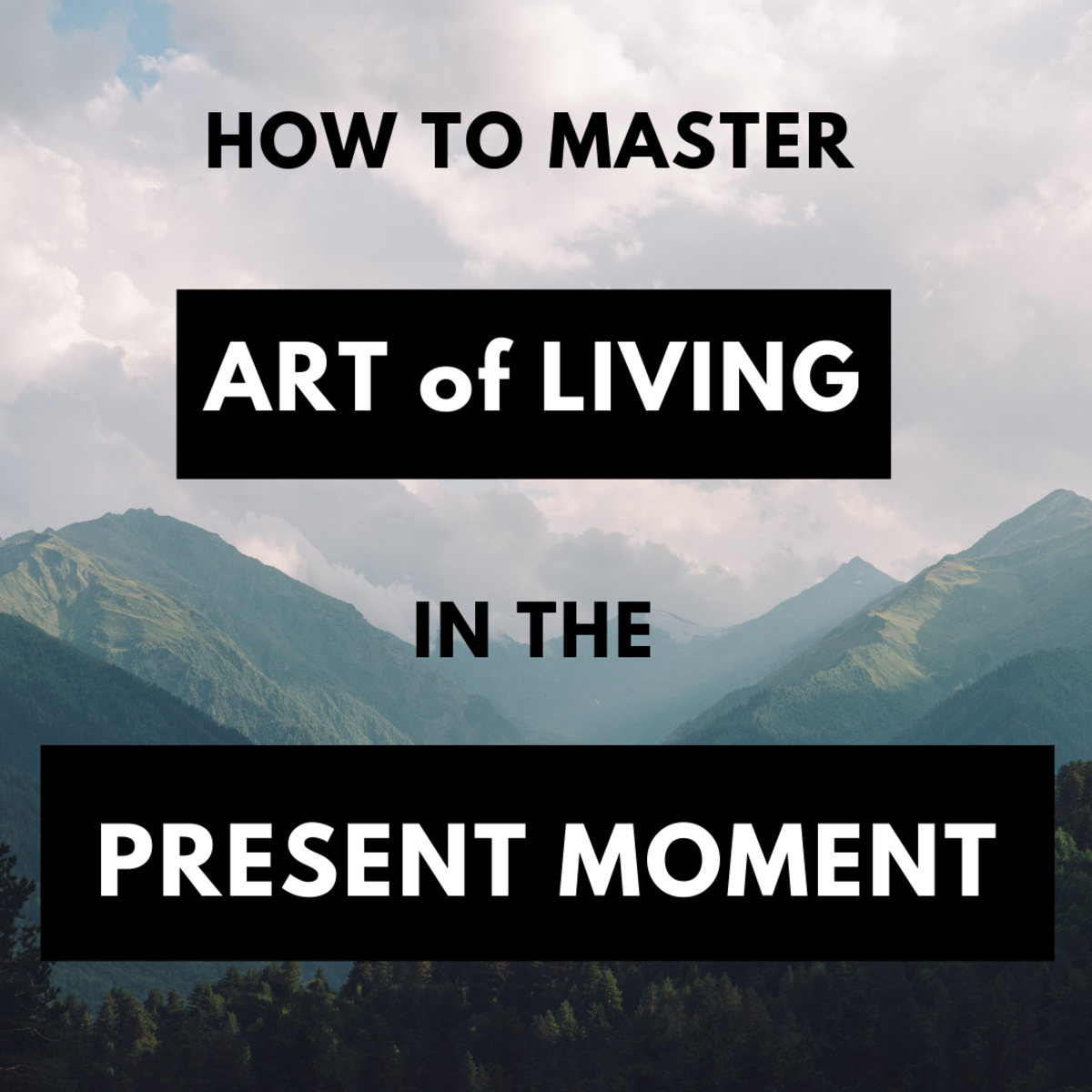- HubPages»
- Health»
- Quality of Life & Wellness»
- Personal Development
How to Break Bad Habits by Leveraging the Psychology of the Mind

Psychology's Role in Habits
As you're going about your life, living breathing, working, playing, and doing whatever, there are three forces that are vying for control in your mind. These three forces, which are part of something called the Psychic Apparatus, are what affect every decision and resultant behavior in your life.
Those decisions and behaviors help to form the basis for our habits. Over time, as behavior is repeated, it helps to etch neural pathways in the mind that connect seemingly unrelated neural networks together. As more time passes, the habits are etched deeper in those neural pathways.
And, at the core of all that we are, do, and say revolves primarily around our habits. In fact, according to a Duke University Study, 45% of our behavior is habit-driven. From what we eat, to what we wear, to what route we take to work, to even the Websites that we visit, are primarily habit driven.
Yet, the dilemma here is that, for the most part, we're guided by habits that limit us rather than empower us. For the most part, our habits tend to hold us back from achieving our goals. And, if you've ever tried to break a bad habit in the past or develop a good one, then you know just how difficult it can be to overcome the mind and body's natural tendencies.
So, what are we supposed to do?
Well, by first understanding the psychology of the mind, and the role that it plays in our behavior and habit development, we can better understand and manipulate those habits. The argument here being that with this understanding, we can break bad habits easier and form good ones with minimal effort.
Understanding the Psychic Apparatus
The psychic apparatus is a term that was coined by the late, great Father of Modern Psychology, Sigmund Freud. He argued that the mind, which really is just a projection of the brain, is initially only born with one of these three forces, which is called the id.
The id is basal; it's instinctive. It's what controls our desire for instantaneous pleasure. Think about a newborn child who simply wants what he wants now. A newborn lives by this credence - also called the pleasure principle - with the instinctive urges to eat, sleep, and defecate.
But the id is a bit more than that. It's part of our selfish-survival instinct that's coded into our DNA It's the mind's internal programing; its CPU if you will. The pre-programmed, hardwired instructions not only call on us to eat, sleep, and defecate, but also to survive and procreate. That's what we're born with - the id.
But there are two other parts that are at play here, which only develop later on in life. The id, however, is the only part that's purely immersed in our subconscious mind. But as we grow older, that id breaks off and develops into two other parts: the ego, and the superego.
The Psychic Apparatus

What Does all of this Have to do with Habits?
Well, considering that the mind - both the subconscious and conscious parts of it - control all of our behavior, without first understanding how that control works, how are we supposed to ever properly steer this thing called a life that we're leading? We can't, that's how.
So, the superego and the ego, being the other two parts of the psychic apparatus, reside both in the conscious and subconscious realms of the mind. Unlike the id, which is purely subconscious, part of the conversation that goes on in the mind between the ego and the superego, can be somewhat manipulated to a certain degree.
The Superego
Now, the superego is based in the morality principle. It's the part of you that forms from the id, which develops through your moral upbringing, family, guardianship, societal rules and regulations, religion, and community. It's what helps you to distinguish right from wrong.
If you've ever done something that you knew you weren't supposed to do, such as cheating on your diet, your spouse, or your taxes, the superego is what helps to inflict guilt after the fact. That's what it's there for - to provide a moral compass of sorts.
However, the superego isn't the same in all people. Not everyone has the same type of moral compass. Based upon several different factors, which include upbringing, experiences, and genetics, the superego is different for everyone.
The Ego
The final component of the three-part psychic apparatus is the infamous ego. Now, this isn't the ego that you've come to know. The ego, in the sense of the psychic apparatus, acts as the referee between the id and the superego. It lives in the reality principle.
The ego knows that we can't always get what we want through instant satisfaction, so it tempers our behavior and helps us to choose the path of least resistance to our desires.
So, for example, if you're trying to lose weight, the ego knows it's not going to happen overnight. It knows that you must go on a diet. But it also wants to help you get what you want, quickly, within reality. This is why so many people are susceptible to fad weight-loss diets.
With things like fad-diets and get-rich-quick schemes, the ego is actually helping to convince you that something can legitimately help you get what you want, quickly, but within reality. However, we all know how those things usually turn out: poorly.
Pain-Pleasure Paradigm
To better illustrate how the psychology of the mind can be leveraged to break our bad habits, we first have to understand one final concept: the pain-pleasure paradigm. This paradigm states that we'll do more to avoid pain than we will to gain pleasure.
Think about that for a moment. Think about students cramming the night before for an exam or written paper that's due the next morning. Why did they wait until the last minute? Well, the pain of not getting it done became far greater than the pleasure of continuing to put it off any longer.
The night before, when something is due that's important, such as exams, papers, or even your taxes, putting it off is easy to rationalize in the mind. That's because we do more to avoid pain than to gain pleasure in the short term, not in the long term.
If we did more to avoid pain than gain pleasure in the long term, we would all be wildly successful. We could all stop smoking cigarettes, eating fatty foods, drinking alcohol in excess, and overspending at every last whim. Or, in another words, we could all break our bad habits with ease.
But we all know that's not the case...
We only do more to avoid pain than to gain pleasure in the short term. If you can recognize this one very important concept, you'll be that much closer to being able to have complete control over your habits.
Step #1 - Set a Goal
The first important step in breaking any bad habit, is to set a goal. Now, this doesn't man you set that goal as some abstract in your mind. You can't say in your mind that on "New Year's, I'm going to quit smoking. This time for good."
The goal has to be real and concrete. And it must be backed up with strong enough reasons. If you're not committed enough to breaking your bad habits, then you never will. Just like John had to wait until some catastrophic medical diagnosis to quit smoking, it will be difficult to break any bad habit until the pain-pleasure paradigm gets flipped.
So, to override that, you have to take some important steps. Right out your bad habit, precisely what it is, and when you seem to engage in it. What's the cue for the bad habit? If you smoke, do you crave it most after you've eaten? If you drink alcohol in excess, do you lose all desire to control your behavior after the third or fourth drink?
You have to understand the bad habit while setting a goal to defeat it. This is important, because it helps to illuminate the bad habit to the subconscious mind. And it sends a clear signal to the id, ego, and superego, that you've uncovered your poor behavior and you're now committed to doing something to stop it.
This is important if you want to break the bad habit. So, set your goal by describing the bad habit in detail, when you're committed to breaking that bad habit, and why you're so committed to doing so.
The Chronic Smoker
Let's take an example here for a moment. John is a middle-aged average working-class male living in Manhattan. John takes the subway to work every single day from the Bronx, and usually has three cigarettes before he even steps into his office.
John's been smoking for 20 years. He's tried just about everything to quit. He's read every book, watched every Youtube video, and tried just about everything. But he can't seem to quit.
However, over the past few years, his health has deteriorated. After smoking 2 to 3 packs per day for 20 years, John developed lung cancer, which is the leading cause of death in the United States for both men and women (Source: Cancer Facts & Figures 2014).
Lung cancer is also the most preventable form of cancer in the world. However, after John got word of the cancer, his pain-pleasure paradigm got flipped upside down. Suddenly, cigarette smoking meant more short-term pain than long-term pain.
Before the diagnosis, John was able to ignore all the warning signs. But, afterwards, he realized that his cigarette smoking was killing him. He stopped, but he wasn't too sure if it was too late or not.
So, why did it have to take something as serious as the risk of death for John to stop smoking cigarettes? Well, cigarette smoking is a bad habit, this much is clear. But cigarette smoking is not just a mentally bad habit, it also causes physiological changes to the body, creating a chemical dependence.
Over time, the more John smoked, the more his body depended on that nicotine fix.
5 Steps to Breaking Any Bad Habit
Someone like John, who was unable to break his bad habit until the short-term pain exceeded the short-term pleasure, isn't alone. In fact, most of us are unable to do so, especially if we don't have strong enough reasons why we must do something.
In fact, in order for us to override our psychic apparatus - that is, the powerful urges of the id - and flip the pain-pleasure paradigm on its head, we must not only be able to look at the pain-pleasure paradigm in the long-term, but also have strong enough reasons for us to break those habits.
So, how does this work?
Well, if you want to achieve any goal in life, you must have strong enough reasons. Whether it's a money-related goal, a weight-loss goal, or anything else, as long as your reasons are greater than your excuses, you will succeed.
But having strong enough reasons will only get you part of the way there. The other part of the formula to breaking bad habits is to overcome the psychology of the mind. In order to flip that pain-pleasure paradigm on its head, you have to attack the bad habits at their core.
In order to do that, you have to usurp the power of the id. We all know how powerful that force is in our minds. It's that little voice that says, it's okay to have one more cocktail, one more cigarette, or one more donut. It plays into our vices.
The reason why the psychology of the mind is so important in breaking bad habits, is that by first understanding the incredible power of the id, we can work to recognize it, and reverse its course. This isn't easy by any means. But, then again, nothing worthwhile is going to be easy.
So, let's look at the steps that are involved here:
Step #2: Outline the Cost of your Bad Habit
Another way to illuminate the bad habit to the psychic apparatus, and to flip the pain-pleasure paradigm on its head, is to outline the costs of your bad habit. Now, this doesn't just mean monetarily; it could be any type of cost.
For example, if your over-drinking has led to relationship or marital problems in the past, then outline those. Be very specific while writing this out. If your over-eating has led to emotional trauma, or other costs, write those out as well.
You have to do your best to truly outline the costs and show the pain, not only in the short term, but in the long term as well. You have to ensure the mind can see what cost the bad habit is really having on your life.
If you spend $15 per day on cigarettes, it doesn't seem that bad. But, over the course of a month, that total comes to $450. Or, in a year, it's $5,400. That's a lot of money going out the door for a bad habit. If it's drinking, tally up the cost of all alcoholic expenses and try to be as specific and accurate as possible.
The ego will do its best to shroud our true behavior from the inner self. It works to protect that fragile inner self. So, you have to illuminate these things on paper, in order to make any real advancements because our internal psychology is extremely powerful. If you don't override it, you'll merely continue to be a pawn in the chess game going on in your mind.
Step #3 - Create a Plan
Where most people go very wrong in trying to break bad habits, is trying to do so cold turkey. Now, for someone like John, who was just diagnosed with lung cancer, that might be easier to do. But, when the mind can't clearly see the pain-pleasure paradigm in the long term, it's far more difficult.
So, how do we create a plan? Well, in the first step, we defined a specific goal. For example, if you want to stop smoking, you might have picked a date 60 days from now. Why 60 days? Well, changes in your behavior need to occur slowly over time in order to break a bad habit.
The reason is that, since a bad habit took months, or even years to develop, it simply can't be broken overnight. You have to work towards that goal by introducing small but noticeable changes. For example, if you smoke one pack of cigarettes per day (20 cigarettes), your plan might be to reduce the number of cigarettes smoked by two or three per day until you're down to zero.
These micro changes are important for two reasons: (1) they help to rewire those neural pathways over time by slowly modifying behavior, and (2) they're too easy to fail. When the mind commits to doing something very small in behavior modification, it's easier for it not to reason its way out. This works as much for breaking bad habits as it does for building new habits up.
Step #4: Find Inspiration
The next step in breaking a bad habit is to find a source of inspiration. If you know someone close to you who's tackled a bad habit and overcome it, this can be very helpful. But, even if you don't, you have to find a source of inspiration in the form of photos or videos, somewhere, that you can refer to.
Create an inspirational wall at your home or office, and pin up pictures of your ideal life without your bad habit in it. If you overspend on something, and you're looking to increase your savings or income, find photos and videos of people enjoying the life you intend to lead.
Maybe your inspiration is for weight loss. If so, find your fitness inspiration. Whatever it is that you plan to do, you have to find a source of inspiration because it's easy to get discouraged. When we get discouraged, we let our guard down and our internal psychology takes over.
When the internal psychology takes over, that little voice from the id beckons us towards our most hedonistic pleasures. I don't need to tell you more. I know that you know the sound of that voice. So, find a source of inspiration, and allow it to help you overcome those plateaus you might hit while trying to break your bad habit.
Step #5: Stay Persistent
Even if you fail, you can't give up. That's the only way you'll break a bad habit. And, by using the micro-changes approach, you can make small but noticeable changes, over an extended period, as you reach towards your goal.
Reduce your spending by $10 per day until you cut your expenses by $1000 per month. Or, reduce your calorie intake by 300 calories per day, until you're under 2000 calories per day, and so on. You have to find out what those micro-changes are for you, apply them, and stick to it.
And, if you fail, get back up again. Don't give up. Even if you lose the battle, don't give up on the war. Keep in mind that our bad habits developed over months and years, possibly even decades. You can't overcome them overnight, so don't get so discouraged if you don't.
Stick it out. Keep at it. And never give up.








